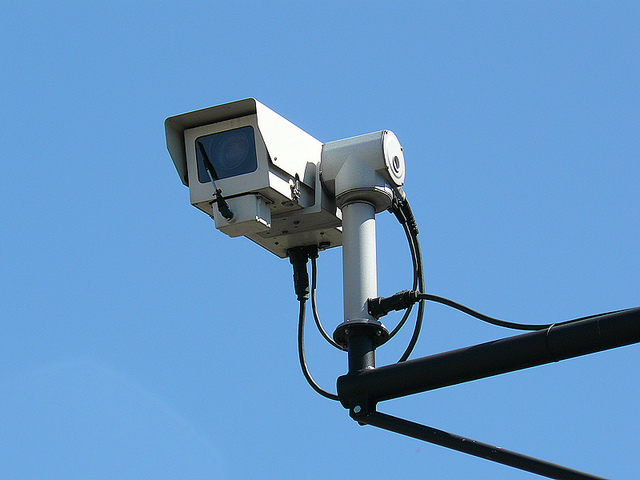Ever since it was invented closed circuit television (CCTV) has been an essential tool in assisting the police build their cases against criminals. As they say the camera doesn’t like and CCTV footage of a criminal being caught in the act is damning and mostly indisputable evidence of guilt, or innocence in other cases. It’s been proven that installing CCTV is an excellent deterrent when preventing crime and this is for a reason. Criminals know that should they continue and actually commit the crime there is a much higher chance of being caught.
Security Cameras, loved or loathed
Table of Contents
In the past couple of decades the United Kingdom has entered ‘the age of CCTV’ where it’s more commonly assumed that you will be recorded on camera in a public place than not. This has become assumed and accepted, even if it is intensely disliked by some. While some people see CCTV as a guardian angel watching over them others view it as malevolent and controlling.
There are reasons to be glad of CCTV and reasons to fear. Home and business owners may be glad their properties are protected while criminals may be fearful that there is a much higher risk that their deviance will be brought to light, and eventually lead them to be prosecuted. Over the past ten years in the UK Scotland Yard have used CCTV footage to solve more murder cases than ever before. The murder (or any other crime) doesn’t necessarily need to have been caught on film itself, but the movements of the perpetrators and victims can be accurately tracked from place to place, helping build a picture of what actually happened.
Why are they useful?
Criminals may be caught on camera on their way to committing a crime, leaving the scene or even returning to it. On the other hand CCTV footage may prove conclusively than the accused was nowhere near the crime when it happened, proving their innocence when no other evidence is available. For some people this could be the major piece of evidence that their conviction or freedom depends on. CCTV has even surpassed DNA evidence as the most conclusive and certain form of evidence when building a case. For a long time DNA has been relied upon to solve crimes where today, coupled with CCTV footage, together they are the closest thing to proof of guilt (or innocence) as law enforcement is ever likely to get.
Helping to secure a conviction
Having this evidence can result in a criminal understanding they are ‘bang to rights’ and can encourage them to enter a guilty plea. This can save the victim (or family of a victim) a lot of heartache and stress. It will also save a lot of time and resources for the courts. The accused themselves will also be treated more leniently as admitting their guilt before a trial begins will demonstrate their cooperation. Having CCTV footage that demonstrates guilt beyond reasonable doubt is hard to argue with, so most people don’t try. The importance of CCTV in solving crimes and helping the police get convictions can never be understated.


Recent Comments